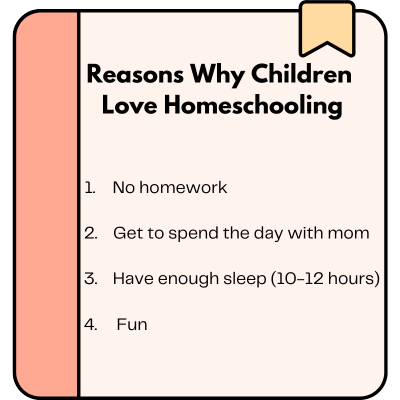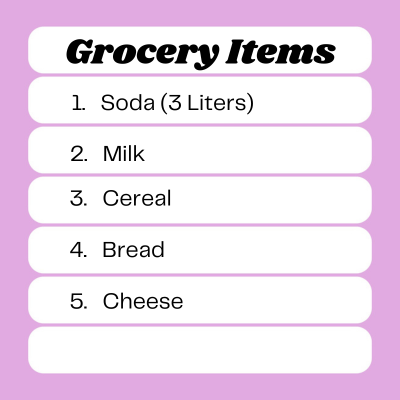PART A_1
Let’s learn new vocabulary. Listen and repeat these words with your tutor.
PART A_2
| 1. Could you take me to… ~までお願いします | |
| Good morning! Could you take me to the station, please? | |
| 2. quickest route 最短経路 | |
| I’m in a hurry. Could you take the quickest route? | |
| 3. How much is the fare? 運賃はいくらですか? | |
| Thank you for the ride. How much is the fare? | |
| 4. as quick as a flash 非常に素早い、即座に | |
| I managed to arrive on time because the taxi driver was as quick as a flash. | |
| 5. to chance upon ~に偶然出会う、~を偶然発見する | |
| To our surprise, we chanced upon the same taxi we took last week. | |
PART A_3
Let’s make sentences using the vocabulary we’ve just learned.
PART A_4
| 1. Could you take me to… | |
| Answer: | |
| 2. quickest route | |
| Answer: | |
| 3. How much is the fare? | |
| Answer: | |
| 4. as quick as a flash | |
| Answer: | |
| 5. to chance upon | |
| Answer: | |
PART B_1
Let’s read the dialogue. I will play Ron and you will play Emma. Then, we’ll switch roles.
PART B_2

Good morning! Oh, Emma, it’s you.
|
|
Ron? I’m so glad to chance upon you. I’m leaving for Okinawa for a
business meeting. Could you take me to the airport, please?
|

Oh, sure. You seem to be in a rush.
|
|
I sure am. In fact, I need to be at the airport in an hour or less. So, could
you please take the quickest route?
|

Okay, that’s what I’m going to do.
|
|
We’re here. Great! It only took us 45 minutes. You’re as quick as a flash!
Thanks a lot. How much is the fare?
|

Sure, anytime. It’s only $50.
|
|
Here, you can keep the change. I better get going.
|

Thank you, Emma. Have a safe flight!
|
PART C_1
Please summarize the conversation using your own words and expressions.
PART C_2
PART D_1
Fill in the blanks and complete the conversation.
PART D_2
| 1. | A: That was a swift ride! How much _________________? B: Thanks! The fare is $25. |
| 2. | A: Good day! Could you _____________________? B: Yes, I could take you to the nearest shopping mall. |
| 3. | A: I _______________ an old friend on my way to work. B: That’s wonderful. It must be fun to catch up with an old friend. |
| 4. | A: You’re as _______________. That’s incredible! B: Well, as they say, “Time is money”. |
| 5. | A: I need to be there in less than 30 minutes. Could you __________________? B: Yes, I could do that. |
PART E_1
Let’s do a roleplay. Talk with me according to the situation below, using the expressions you just learned.
PART E_2
You are hailing a taxi to get to the supermarket. Tell the driver that you are in a hurry because the store will close in two hours. Your tutor will pretend to be the driver.
PART E_3
REVIEW AND FEEDBACK
Now, let us review the things that you learned in this lesson.
ではこのレッスンで学んだことを振り返りましょう。
(Please give a short feedback on how your student did on your class.)
| Grammar 文法 |
Pronunciation 発音 | Vocabulary 単語 |
Comprehension 理解 |
|
|---|---|---|---|---|
 GOOD GOOD |
文法の誤りはほとんどなく、完全な文章で話すことができる | ほとんどの単語をはっきりと正しく発音することができる | 習った表現を適切に使うことができる | 文章を理解し、質問に正しく答えることができる |
 FAIR |
文法の誤りはあるが、完全な文章で話すことができる | 発音の練習が必要な言葉がいくつかある | たまにミスはあるが、習った表現を適切に使うことができる | 文章を完全に理解するのは難しく、質問に正しく答えられないときもある |
 POOR |
文章で話すのは難しく、単語だけで話すことができる | 発音の練習が必要である | 習った単語と表現を少しだけ使うことができる | 文章を理解するのは難しく、質問に答えるのは難しい |








